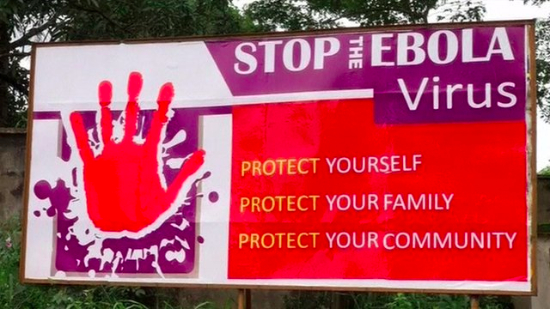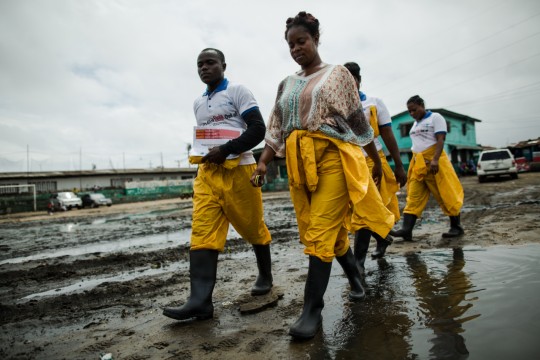ASSOCIATED PRESS Nov. 7, 2014
WASHINGTON -- The top U.S. military officer has designated five U.S. bases where American troops would be housed and isolated for 21 days upon returning from Africa after serving in the Ebolaresponse mission, U.S. officials said Friday.
Army Gen. Martin Dempsey, the chairman of the Joint Chiefs of Staff, signed a plan that lists Fort Hood and Fort Bliss, Texas; Fort Bragg, North Carolina; Joint Base Lewis-McChord, Washington; and Joint Base Langley-Eustis, Virginia, as bases where troops would be quarantined.
The U.S. also will use two bases in Italy and Germany for returning troops based in that region....
The plan exempts military personnel who travel to Africa for short-term visits and have very limited contact with people there, such as military staff traveling with a senior official who only stops in the country for a day or two...
In a related announcement, U.S. Northern Command has decided to train 30 more medical support personnel who will be available to help U.S. hospitals with any future Ebola cases. The personnel will begin training in San Antonio, Texas, later this month and will supplement a 30-member team that has already been trained and is ready to respond.





Recent Comments